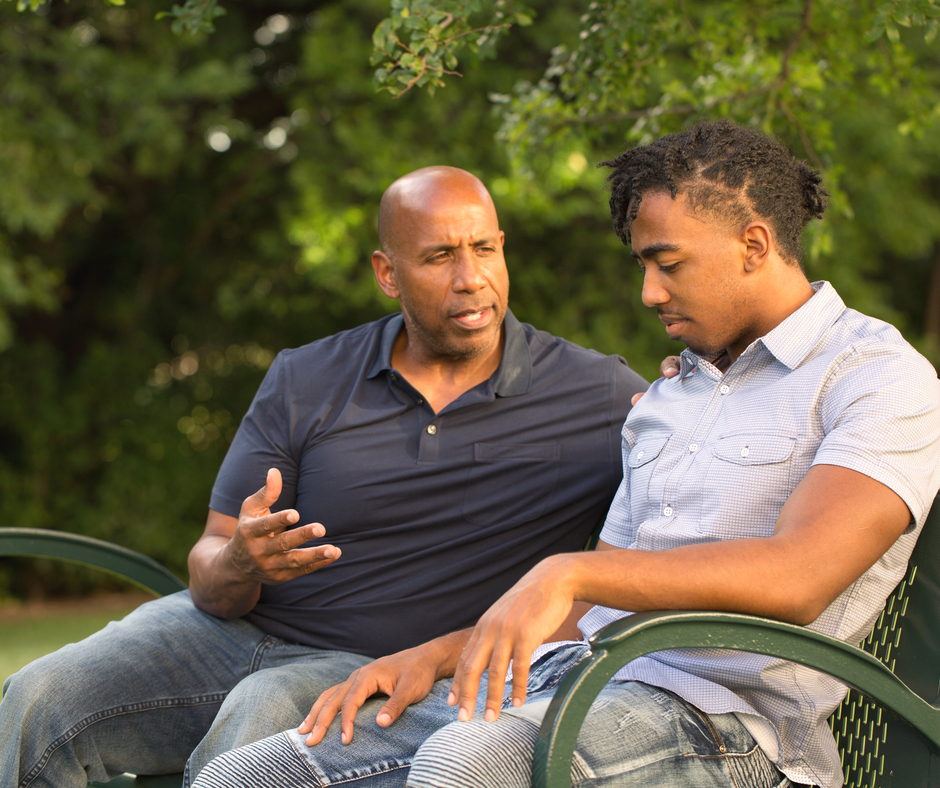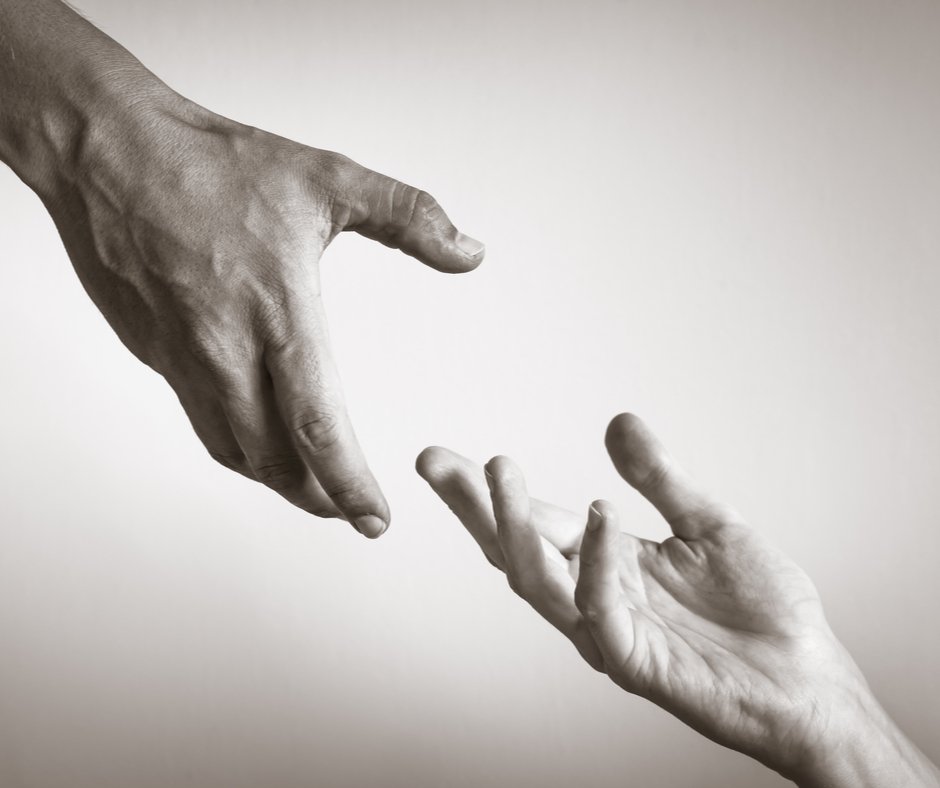Hope & Restoration
Bible Verses for Anger Management #2
Everyone gets angry sometimes.
It’s normal. But many people struggle with a constant feeling of anger and rage, either towards themselves or others. When left unchecked, these feelings can lead us to do things that we later regret. People in addiction recovery often struggle with anger because they are ashamed or upset at themselves for their past behavior. As a Christian drug rehab, we understand that to overcome guilt and shame, you must address feelings like anger head-on. To help those in recovery from addiction and battling with anger, we’re sharing some of the best Bible verses for anger management.
What the Bible Says About Anger
According to the Bible, anger occurs when our desires rule us. These desires can include love, fear, hope, longing, respect, control, and more. When any desire, even well-intentioned ones, takes precedence over our desire to please God, things get out of hand. When our desires take over and aren’t met, we become angry.
Read MoreIs Drug Addiction Genetic?
For ages, communities have struggled with the complex issue of drug addiction, which has left a path of destruction in its wake. While there are many factors that contribute to addiction, one that has long perplexed scientists and academics is whether this harmful habit has a genetic component. Does the occurrence of addiction in families suggest a hereditary predisposition? Can we link certain genes to addictive tendencies? Investigating the complex link between genetics and drug addiction helps us to understand the fundamental causes of this condition and may have implications for prevention, treatment, and stigma reduction. Faith in Recovery explores the fascinating query: Is drug addiction genetic?
Read MoreHow to Help a Friend Dealing with Substance Use Disorder
Trying to help a friend with a substance use disorder can be challenging. It’s often difficult to initiate an effective conversation regarding their addiction and get them to open up to you.
While it may be difficult to find the right words to say and the right time to say them, it’s even more difficult having to watch them struggle. Substance use disorders are incredibly complex, and often worsen the longer they go on.
Read MoreExercise Can Help With Addiction Recovery – Here’s How
People recovering from drug addiction have long reported the amazing benefits of exercise for a speedier and fuller recovery. Harvard Health Publishing has written articles from psychiatrists who work daily with people battling drug abuse and who highly recommend exercise as a key component of any recovery plan. Studies on mice have shown that the animals reduced their voluntary consumption of morphine when they were given adequate time and equipment to exercise. The science is very clear on the benefits of exercise for everyone, but especially people experiencing psychiatric or spiritual difficulty due to drug addiction. Here are a few ways that exercise helps people feel better and live healthier lives.
Read MoreWhy Aftercare & Ongoing Support is Crucial to Recovery
Addiction treatment arms you with the tools you need to recover. You learn how to manage triggers, cravings, emotions, and the dangers of relapse. Treatment centers provide a highly structured environment to help you focus on your recovery and a support system to help keep you motivated. But the actual test of your recovery starts when you leave the outpatient or inpatient rehab and enter back into your day-to-day routine.
Read MoreImagine Your Life After Addiction
Life can seem hopeless when you’re in the middle of an addiction. And these hopeless feelings can lead to resigning yourself to a life of dependence on alcohol and drugs. It’s a self-sustaining circle that keeps you in the middle of addictive activities.
However, there’s a way out. Faith based rehab facilities help people find their way out of the shadows of addiction through the teachings of the Bible. These words of truth act as a guide along the winding road to freedom from addiction. It takes a lot of work and dedication, but it is possible. Living a life free from addiction can give you a second chance.
Read MoreHow to Get into Drug Rehab When You’re Afraid of Asking for Help
Entering rehab is a brave and extraordinary choice to make that can improve your life as well as the lives of everyone who’s close to you. It’s difficult for someone who hasn’t experienced addiction to understand it, leading the sufferer to experience shame and withdrawal. The nature of addiction makes it challenging to self-diagnose because the reward centers in your brain firmly compel you to continue using substances. If you’ve developed the strength and clarity to consider that you may need help, you should feel proud.
Read MoreInviting Change
If you have someone in your life who is using substances in a problematic way, you may often wonder what you can do to help them decide to change. You may be frightened or mad at them for making bad choices. It’s also likely you have absorbed the cultural message that there isn’t anything you can do to help because that would be enabling or that the only way they will change is when they bottom out. Science, however, offers some different options about how to help someone change…
Read MoreRecovery on Social Media
You live in a time where the world revolves around Facebook and Twitter. Nothing is official or newsworthy unless you have updated your status and shared with you 700 closest cyber friends. If you want to post about a promotion at work or how wonderful your significant other is, then take a minute to get on your phone, tablet or laptop and update. But how much do you share? There are certain things you might want to think twice about, especially when you are in recovery.
Read MoreIs Drug Addiction Genetic?
For ages, communities have struggled with the complex issue of drug addiction, which has left a path of destruction in its wake. While there are many factors that contribute to addiction, one that has long perplexed scientists and academics is whether this harmful habit has a genetic component. Does the occurrence of addiction in families suggest a hereditary predisposition? Can we link certain genes to addictive tendencies? Investigating the complex link between genetics and drug addiction helps us to understand the fundamental causes of this condition and may have implications for prevention, treatment, and stigma reduction. Faith in Recovery explores the fascinating query: Is drug addiction genetic?
Read More







